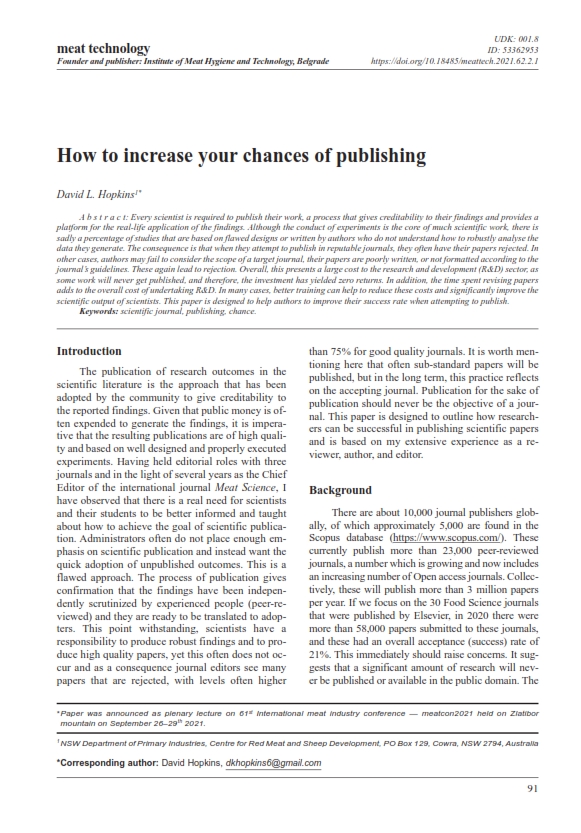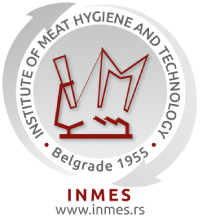Digital solutions for healthy eating
Abstract
This study presents a computer system used for assessment of a healthy diet. Based on mathematical models, the system provides a solution for the problem of structural-parametric diet optimization, adjusted for a variety of constraints and conditions, and produces the optimal solution for the given utility functions. The information basis of the system is a database containing nine independent tables. Each table contains 15 fields. The structured query language (SQL) is used. An aggregate algorithm for implementing the solution of healthy diet composition, containing four stages, with due consideration for a “human health passport” is described. At the first stage, based on anthropometric data and biomarkers (hemogram, acidity of gastrointestinal tract) of a person’s physiological state, the system generates a user model (“a human health passport”). The model considers the risk of disease and the gastrointestinal tract status. At the second stage, the system allows a choice of food products to be made, based upon the physiological state of a person and that proactively excludes undesirable food products, dishes, and culinary products. At the third stage, the developed diet is assessed, and the food nutrients (proteins,
fats, carbohydrates, vitamins, macro—and microelements) in the diet are analyzed and compared with the recommended norms for this particular person. At the fourth stage, the adequacy of the diet is assessed according to the quality function.





